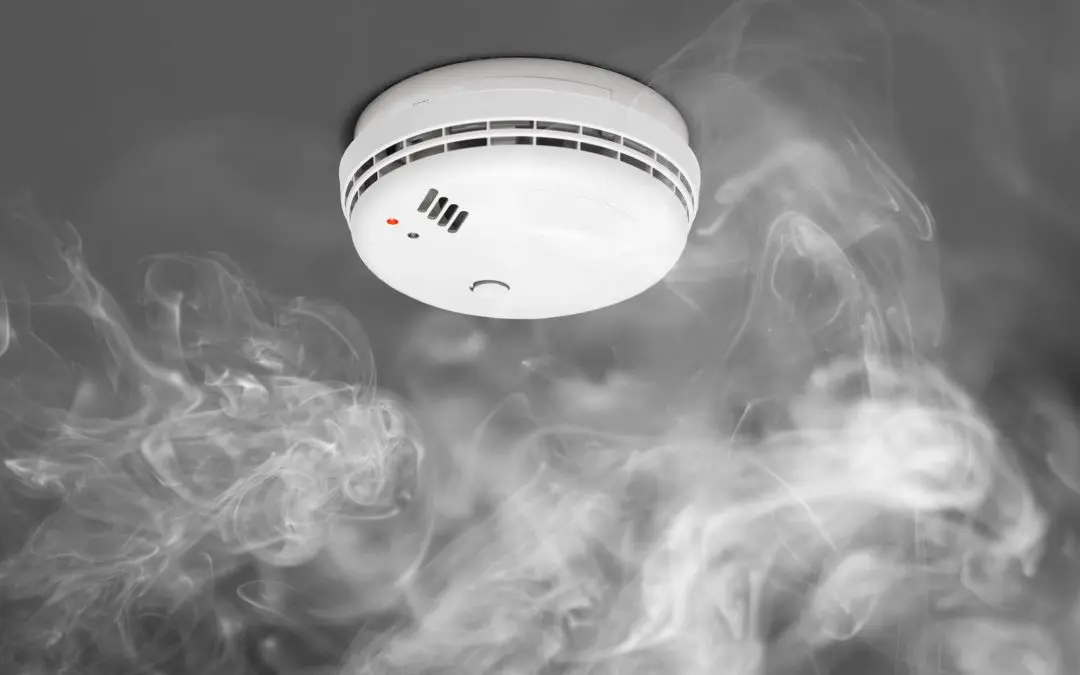House fires are serious, but taking a few straightforward steps can keep a home safe. This expert guide offers clear tips that make fire prevention a natural part of daily life. Simple routines and regular checks go a long way toward reducing risks. The article covers common fire causes, how to prevent a house fire, and what to do if a fire happens.
Know the Common Causes
Understanding what sparks a fire is the first step in stopping one before it starts. Many house fires begin from everyday activities such as cooking, electrical issues, and heating equipment problems. Unattended stoves, worn-out wiring, and even candles left burning are frequent triggers. Recognizing these risks makes it easier to spot problems early and take action.
Keep Electrical Systems Safe to Prevent a House Fire
Electrical issues are a common cause of house fires, but simple checks can help keep things in order. Regularly inspect wires, plugs, and appliances for signs of damage. Frayed cords or worn-out plugs need immediate replacement. It is also important not to overload outlets or extension cords, which can lead to overheating. If any wiring issues are suspected, a professional inspection by a licensed electrician can catch problems before they become dangerous. Keeping the electrical system in good shape is one of the best ways to prevent fire hazards.
Practice Safe Cooking Habits
The kitchen is a busy spot in any home and one of the most common places fires start. Leaving the stove unattended, even for a moment, can quickly lead to trouble. Grease fires, which can erupt with little warning, are often caused by distractions during cooking. To avoid these risks, keep a close eye on food as it cooks and never leave hot pans unattended. It is also important to keep flammable items like towels or paper away from the stove. Having a fire extinguisher nearby and knowing how to use it adds an extra layer of safety in the kitchen.
Maintain Heating Equipment
Heating systems are essential, especially during colder months, but they need regular attention to work safely. Furnaces, boilers, and space heaters should be inspected and maintained regularly. For example, space heaters should always be set on a stable, flat surface and kept far from flammable objects like curtains or bedding. Regularly cleaning filters and ensuring vents are clear helps prevent dangerous build-ups. These simple maintenance tasks can prevent heating devices from becoming fire risks.
Declutter to Prevent a House Fire
A neat, organized home makes a big difference in fire safety. Clutter around heat sources can make it easier for a fire to spread quickly. Keeping areas like the kitchen and rooms with many electrical devices clean and free of excess items can act as a natural barrier against fire. Smoke detectors are another essential part of a safe home. Installing them on every level and testing them monthly ensures that a small fire is noticed early, giving everyone more time to react.
Stay Prepared and Updated
Fire safety isn’t a one-time task; it requires ongoing attention. Keeping up with local fire codes and safety tips from community programs can provide the latest advice. Regularly reviewing an escape plan and practicing fire drills helps everyone know what to do if a fire starts. Even small changes in routines or equipment can improve safety significantly. By staying informed and ready, a home can remain a secure place for family and friends.
Taking these steps makes fire prevention part of everyday life. Staying updated with safety tips and knowing how to react in an emergency further strengthens home safety.
Frequently Asked Questions on How to Prevent a House Fire
How often should smoke detectors be tested?
Smoke detectors should be tested once a month. Batteries need replacing at least once a year or whenever a low battery signal is heard.
What should be done if a small fire starts in the kitchen?
In the event of a small kitchen fire, using a fire extinguisher is the first step. If the fire grows, it is best to evacuate immediately and call emergency services.
How can electrical safety be maintained at home?
Regular inspections of wires, plugs, and appliances help keep electrical systems safe. Avoid overloading outlets and have a professional check any concerning issues.
Are space heaters safe to use?
Yes, space heaters are safe when used responsibly. They should be placed on a stable surface away from flammable materials and never left unattended.
What is the best way to keep a home clutter-free?
Regular cleaning and organizing, especially near heat sources, help keep a home safe. A tidy environment reduces the chance of fire spreading quickly.
Bronze Star Home Inspections provides inspections to home buyers and sellers in the Dallas-Fort Worth Metroplex. Contact us to schedule our services.

